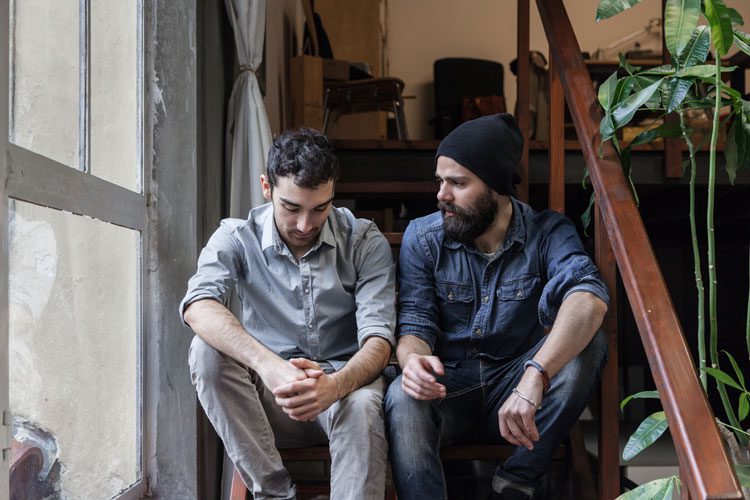 “You can choose your friends, but not your family,” and “People don’t change.” Let’s retire these unfounded statements. Embedded perspectives like these that are repeated as truths contribute to people remaining isolated, stuck, or out of touch with reality. When people in recovery engage in this kind of distorted thinking, it makes them prone to the “disease of isolation” (Taub, 2011). Fortunately, there is an antidote to isolation: positive relationships. The friendships formed in addiction treatment and in recovery support programs can help someone open their eyes, ears, and heart to fresh perspectives on creating a life worth living.
“You can choose your friends, but not your family,” and “People don’t change.” Let’s retire these unfounded statements. Embedded perspectives like these that are repeated as truths contribute to people remaining isolated, stuck, or out of touch with reality. When people in recovery engage in this kind of distorted thinking, it makes them prone to the “disease of isolation” (Taub, 2011). Fortunately, there is an antidote to isolation: positive relationships. The friendships formed in addiction treatment and in recovery support programs can help someone open their eyes, ears, and heart to fresh perspectives on creating a life worth living.
A new lease on life begins when a person suffering from addiction realizes that their addiction will control them until they make some changes. And help is available. Addiction treatment programs help people detox from substances and get the professional guidance and therapy needed to take their lives back. But a successful time in treatment does not “cure” addiction; ongoing support, often in the form of 12-step groups like Alcoholics Anonymous, is crucial in helping the person in recovery continue to grow and learn. In particular, sponsorship in a 12-step program can offer invaluable personal support. A sponsor is someone who has been sober for a long time and who is committed to the 12-step program. The sponsor can help the newcomer learn and practice the steps; offer a listening ear when stress, cravings, or intense emotions threaten to compromise recovery; and help the person be accountable for their own recovery. A sponsor is a friend and mentor, someone with recovery experience who can share their insights and provide support.
The role of sponsorship does not replace the roles of friends or family.
While a sponsor can be a wonderful support, people need friends and family in their support system as well. Each person who supports the recovering person’s sobriety can offer something unique. Being surrounded by diverse people who all support and encourage your journey helps buffer you against the threats of relapse.
